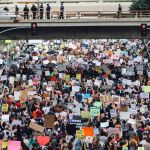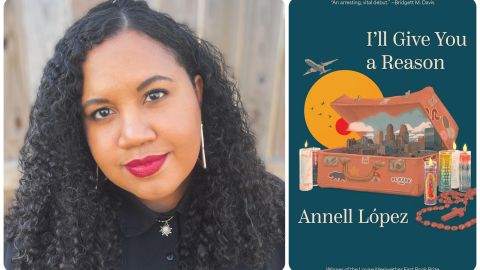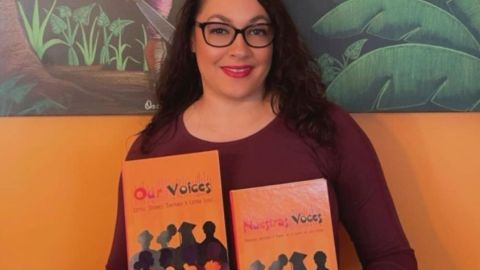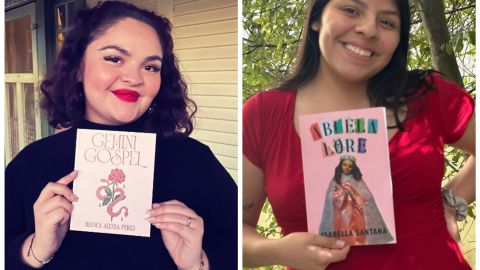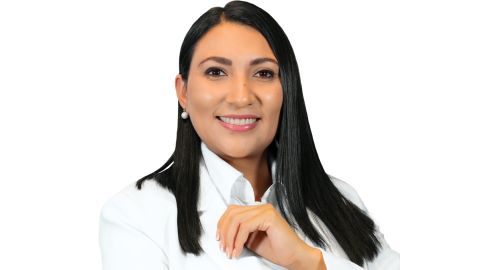Why Not Believing Survivors of Sexual Assault Only Hurts Women
Just a few minutes ago, Sen

Photo: Unsplash/@cristian_newman
Just a few minutes ago, Sen. Susan Collins announced her vote over Supreme Court nominee Brett Kavanaugh’s future as a Supreme Court justice. It’s infuriating especially considering the weeks leading today which have left many of us following the hearings—women in particular—angry and emotional. But those hearings also in many ways has changed America. When psychology professor. Dr. Christine Blasey Ford agreed to not only face the Senate Judiciary Committee but also share with the world her sexual allegations against Kavanaugh on September 27th, it did something. It not only left the senate divided but it inspired women across the nation to show their support and allyship to Ford for her courage to speak out despite the cruel criticism she was going to face. But while it may have inspired others like Padma Lakshmi, Connie Chong, Busy Phillips and Ellen DeGeneres to share their sexual assault stories publicly for the first time and even lead to the hashtag #Believesurvivors, there was sadly still a number of Americans that questioned Ford, that questioned her motives and if she was actually lying about Kavanaugh sexually assaulting her when she was 15.
Ford’s courage to share her story publicly spoke to and inspired countless survivors who have wrestled themselves with whether or not they should speak up about their own sexual assault traumas. But it also reminded us that we live in a world—in a nation—where much is still at stake for a woman who decides to out her perpetrator, especially if that perpetrator is a white man in power like Brett Kavanaugh. And despite the fact that Ford’s testimony checked out as credible, her story remained consistent, and her behavior in court was a lot more calm and collective than Kavanaugh’s, doubts still crossed many American’s minds. In fact, even in the liberal NYC bubble I live in, I still found myself having to explain to quite a few folks—both men and women—why it was unlikely that Ford was lying.
“Chauvinist and patriarchal societies have only manifested through maintaining a culture of fear amongst women. The physical and economic threat of speaking up trace closely to the fears surrounding the personal, professional and spiritual well-being of women across the world,” says Kalina Black, a non-profit social worker and advocate in NYC. “Whether we trace the political and blatant illegal restrictions against women being educated or the historical promoting and treatment of women as property (either by family, spouse, religious sect), long since has existed the second class status of women across the world. Furthermore, long since has existed a culture of fear that attempts to push and prod women into silence, thereby submission.”
We saw the nightmare law professor Anita Hill endured when she publicly made her sexual harassment allegations against Judge Clarence Thomas during his confirmation hearings in 1991. She was not only doubted by cruelly criticized and humiliated. Ford certainly received a lot more support in 2018 than Hill did in 1991 and the #MeToo movement that kicked off last year probably played a huge role in that. Women are supporting women who are speaking up and are no longer subscribing to suffering in silence. In fact, according to an NPR/PBS NewsHour/Marist Poll released on Wednesday, more Americans said they believed Ford’s account over Kavanaugh’s. That’s a significant cultural shift from what we saw play out in 1991. But even so, the question about whether or not she was lying and what her motive was behind speaking out, still came up quite frequently.
Doubting survivors when they chose to speak up, isn’t just harmful to them but to women overall. It takes us 10 steps back from the progress we’ve made, leaving victims fearful of ever reporting or outing their abusers. It’s the very reason why abusers do what they do—because they often believe they can get away with it. They know the risks and even the shame that comes with a victim speaking out and sharing their experience publicly. But we do women zero favors when we chose not to believe them. Instead, we contribute to a culture that will continue to silence and oppress them.
“Historically, the words of women and underserved communities have been linked as “less than,” “less credible,” and overall holds “less weight” than that of a rich white man in power,” says Black. “To ignore or not hold accountable someone’s actions based on their perceived wealth, esteem and status fully jeopardizes and questions the full legitimacy of the established systems we have in place. Who then are we trying to protect? Who then gets a slap on the wrist when blatant criminal acts of verbal, physical, and sexual abuse are enacted on vulnerable populations, namely women and children, while the perpetrators are allowed to live on freely, almost to a place of idolized status.”
If in 2018 you still find yourself skeptical about whether or not a survivor is lying, than you might want to actually check out the stats. According to the National Violence Resource Center, only about 2 to 10 percent of all reports are found to be false. Also, considering how often and how many women get assaulted in the United States, you would think people would be more likely to believe survivors than not. According to RAINN (Rape, Abuse & Incest National Network), 1 in 6 American women has been the victim of an attempted or completed rape in her lifetime. These disturbing findings prove that it’s actually incredibly common for a woman to be a victim of assault or rape. This doesn’t surprise me the least considering most—if not all—the women in my life have either been assaulted or have a close woman in their family who certainly has. With stats like these, how are we still even questioning survivors?
“[We can change this harmful narrative by ending] the corruption and favoritism in the legal, judicial and political system that favors those based on class (wealthy), gender (male), and race (white),” Black says. “Hold everyone, regardless of race, class and gender accountable for their wrongs and not just unfairly target our most vulnerable populations, namely, Black, lower/working class, female, and children. Stop protecting the narrative of the white slaveowner. It’s actually 400 years overdue.”









